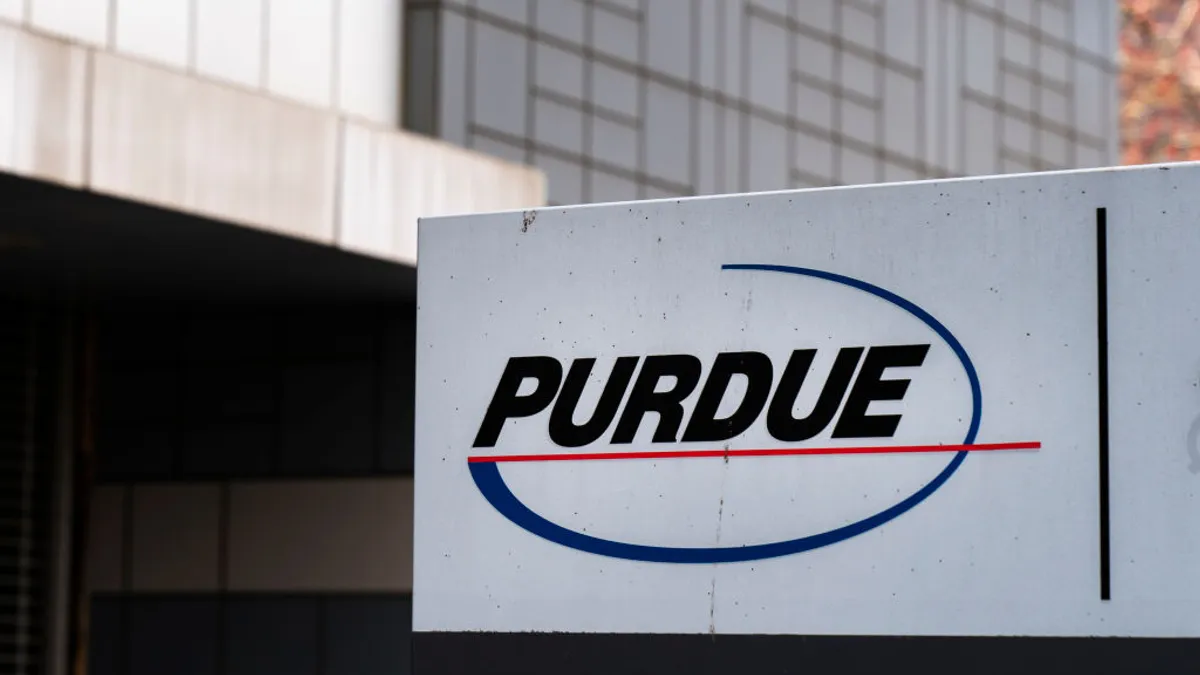Corporate lawyers have assisted companies’ misconduct for decades, from the health dangers of cigarettes to the U.S. opioid crisis, partially because of a dominant narrative that prizes zealous advocacy for clients, without properly appreciating the corporation’s mandate, a law professor argues in a recent paper.
State incorporation laws allow corporations to form to engage only in lawful business, thus under the doctrine of ultra vires, or beyond the power, “engaging in illegal conduct is outside the power of the corporation and, therefore, impermissible,” writes Elise Bernlohr Maizel, an assistant professor at Michigan State University College of Law.
Lawyers are duty-bound to the corporation itself, not “managerial agents who might cause the corporation to engage in misconduct,” she writes.
“Under the dominant view of professional norms, the ideal of ‘zealous advocacy’ allows corporate lawyers to rationalize, even justify, conduct that is harmful to the public— even conduct that laps at the shores of illegality,” Maizel writes in her paper, “Corporate Lawyers, Disloyalty, and the Opioid Crisis.”
As a result, the profession needs to reframe the issue as one of loyalty to the client, she argues. “We should conceive of aggressive lawyering in service of corporate misconduct not as ‘zealous advocacy’ but instead as betrayal of the corporate client.”
Counsel role
Maizel focuses her paper on the intersection of corporate lawyers and Purdue Pharma’s OxyContin painkiller crisis and litigation. She highlights the roles of Purdue’s former general counsel, Howard Udell, in the crisis. She also looks at the outside counsel for the pharmaceutical distributor formerly known as AmerisourceBergen and the litigation counsel for Walmart, one of the largest U.S. pharmacy chains.
Udell used aggressive tactics to get OxyContin and its predecessor drug, MS Contin, on the market, and later destroyed documents and emails about the drugs, Maizel writes.
Udell and two other former executives of Connecticut-based Purdue pleaded guilty in 2007 to a misdemeanor charge of misbranding as part of an agreement with federal prosecutors. Udell was sentenced to community service and a fine.
Purdue did not respond to an email Friday from Legal Dive seeking comment. Udell died in 2013.
“The story of AmerisourceBergen demonstrates how the reputations of outside law firms can be used to create an accountability vacuum — management can point to outside approval to justify their decisions and outside advisors can, in turn, point to their outside status and limited scope to avoid responsibility,” Maizel writes of the company, now known as Cencora.
For its part, Walmart has been battling a shareholder effort in Delaware for the past four years that seeks to open its records related to the opioid epidemic. The retailer has employed “such aggressive assertions of privilege that we may never know quite how Walmart failed to prevent its own massive compliance failures,” Maizel writes.
Cencora had no immediate comment, and Walmart did not respond to an email seeking comment.
Maizel also cites the 2001 Enron accounting scandal as another example in which “lawyers faced limited accountability as compared to the other professionals like auditors and accountants, many of whom faced criminal charges.”
In 2003, she notes, the American Bar Association responded to the Enron imbroglio by amending its Model Rules of Professional Conduct to create the first ethical rule specific to the corporate client, Rule 1.13. It requires lawyers to report legal violations that risk causing “substantial injury to the organization” to higher authorities in a company, she writes.
Instead, the ABA rule “created an incentive for corporate lawyers to avoid learning anything that would require reporting,” Maizel writes.
Many lawyers view the term zealous advocate as “a badge of honor,” while “disloyal lawyer is a mark of shame,” Maizel writes. “The stories we tell ourselves have power and demarcate heroes from villains. Delaware corporate law succeeds largely through this expressive function.”
The paper has a personal connection for Maizel, who writes of the 2010 overdose death of her high school classmate, Scott Roth, in Roanoke, Va. Her family also knows Spencer Mumpower, a local man who was sentenced to eight years in prison for selling Roth heroin. Maizel dedicated the paper to Roth’s memory and Mumpower’s recovery.












